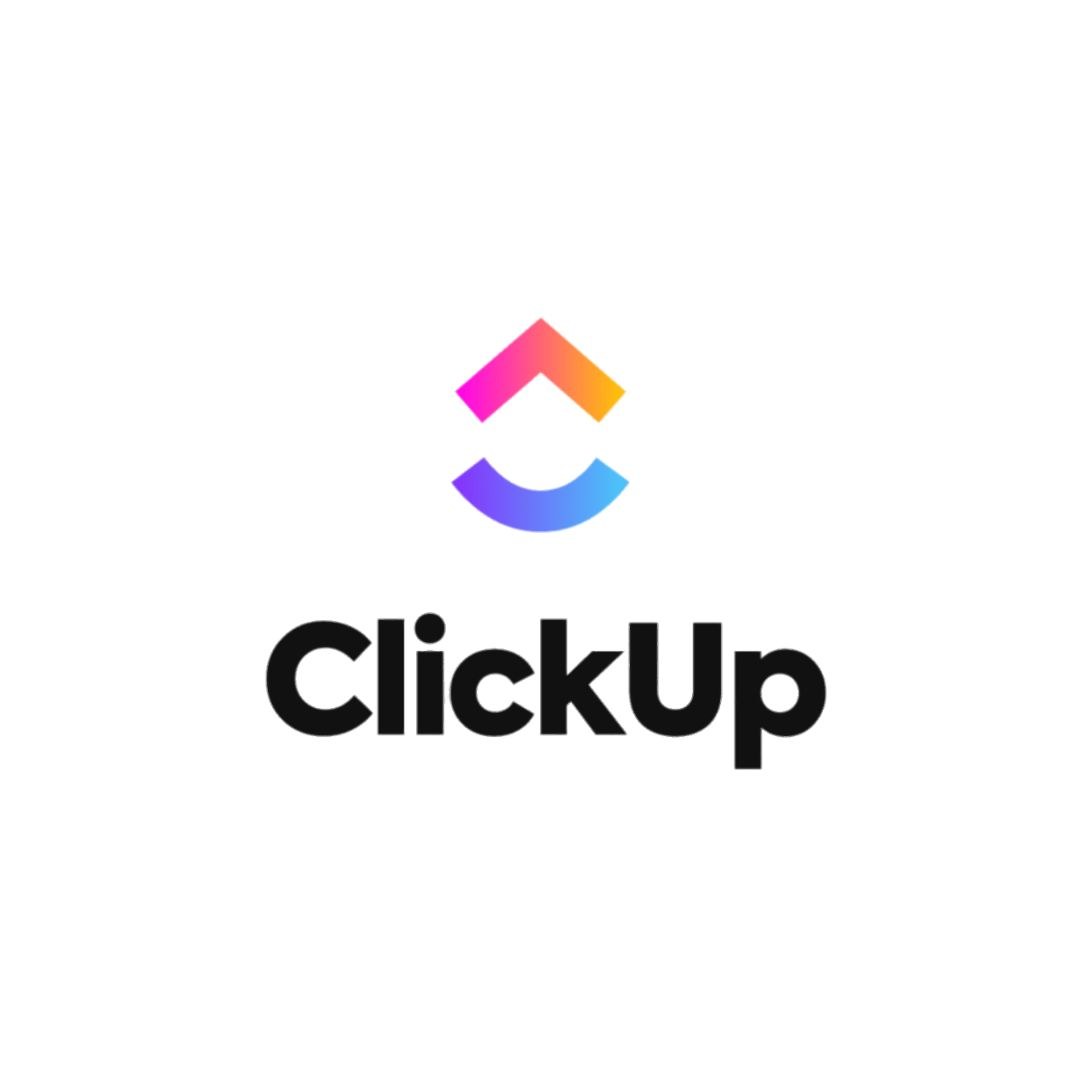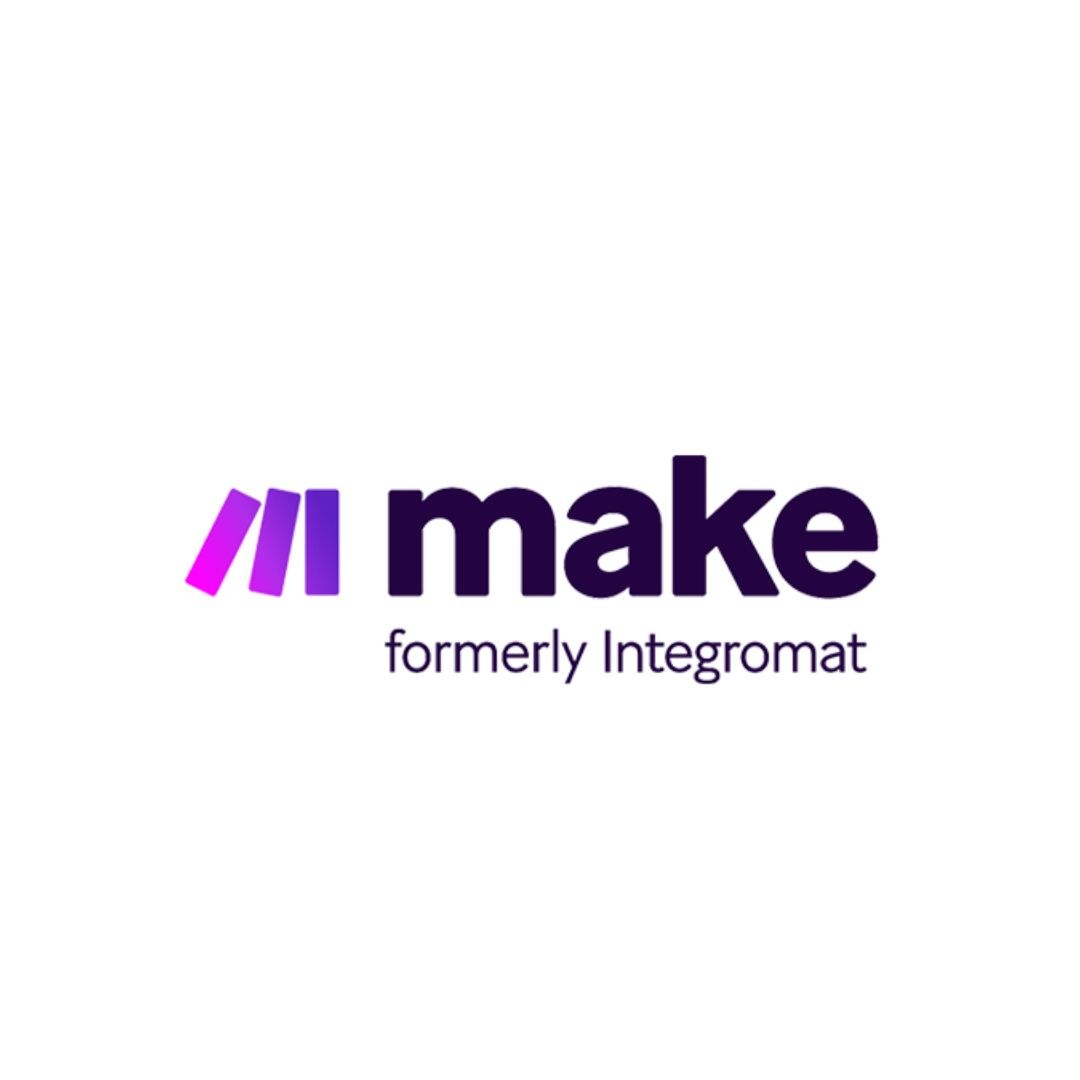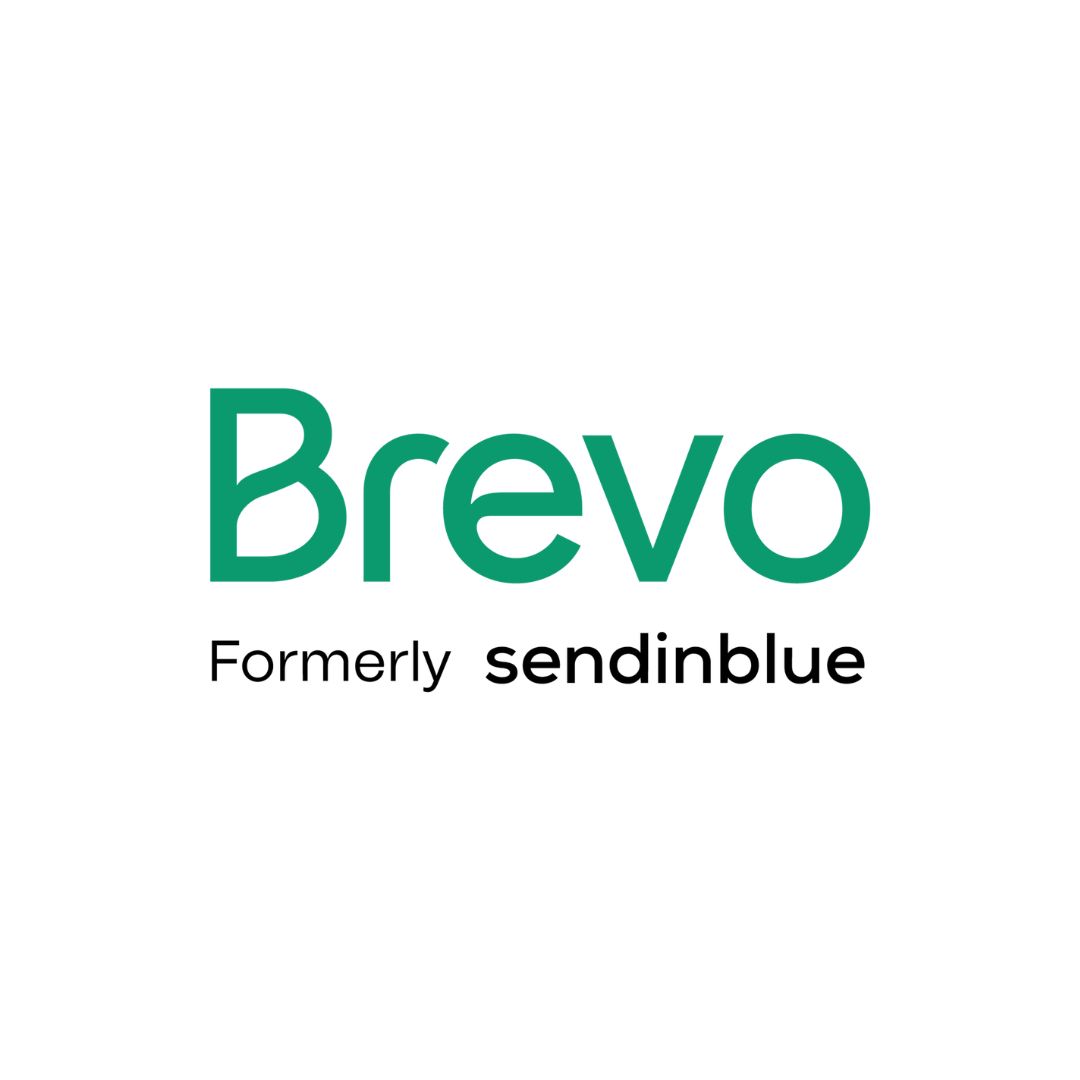This week, while working through CXL Institute’s Scholarship program where they have numerous minidegrees from Growth Marketing to Conversion Optimization, I was working through about three modules this week, User Research, Fast and Rigorous User Personas as well as Heuristic Analysis frameworks for conversion optimization audits.
Why do user research?
There is one thing that will mostly stay the same. It’s our innate human behaviour. Yes, there are aspects which will affect these behaviours of ours, but in essence we will always stay humans. Which means that before you just make assumptions about who you think your ideal users/visitors or prospects are, listen more and watch more.
Listen more to what your users are saying. We all have certain phrases and words we like to use in the workplace, at home, and among friends. The environments we find ourselves in, the industries we work in, all of these factors play a role. That is why it is so important to make sure you identify which users are your ideal users through asking yourself simple questions like; how old is our ideal visitor? Do they have a family? Children? Which hobbies do they have? And while you do this you can even create a fictional person, give him or her a name and write down their strengths and weaknesses, what they like and not like; this will help you in your user persona journey and assist in helping you narrow down how your marketing efforts should look like.
Have you ever gone people-watching? It might be a good start if you want to understand what your ideal customer is doing. Don’t become a stalker! Just observe behaviour.
More about fast and rigorous user personas
Just to make sure that everyone is on the same page here; a user persona, simply put is a fictional person with characteristics, goals, and mannerisms who represent a bigger community of people, ideally whom you’d perceive as the ideal customer.
When collecting data, you can collect two types of data; qualitative- and quantitative data – In this case, when collecting data in this case, for user personas, you will need to collect quantitative data; things that can be measured.
A great way to start is through compiling surveys. These surveys need to provide data that is actionable, relevant, and unbiased and there are many tools to do this. From free tools to premium tools, but you’d need to do some research to see which will work best for your preferred outcome. After you’ve been able to start thinking about the wireframe of your survey and get an idea of the directions your questions might take, you can start building your survey.
What I bet you also did not know is that there are services available where you can hire people to fill out your surveys. The obvious part of the process is that there are cheaper respondents and more expensive respondents, but it is true that you can expect better and more truthful results when recruiting respondents. There are also risks involved like respondents not showing up to fill out your surveys, and that is why you’d need to ask yourself these important questions like will it dramatically affect your results if someone does not show? If it will, rather spend a little more and recruit the more expensive respondents.
Throughout this process of people filling out your survey, make sure you take into account the sample size of your responses to make sure that it is an accurate representation of what you’d like to know. It is also something to take into account that you will soon have very randomly organised data which will need sorting. In these lessons, Stefania and Eric share powerful ways of sorting your data and even presenting it in an inviting manner in order to make your buy-in favourable (Obviously, this depends on the quality of your data.). While validating and sorting your data, you can expect to find outliers. Make sure that you know what you are expecting and what may create outliers. Sometimes it could be that your user misunderstood the question and these outliers may skew your results.
Furthermore, they explain, in more detail, using factor analysis to simplify your data set and using statistical clustering to analyze your data sets.
What is this Heuristic Analysis framework for conversion optimization audits about?
This module is all about what you can put in place and in some cases what not to put in place to assist in your conversion rate. In essence, our mentor teaches us more regarding relevance, trust, stimulating users to buy, security and convenience, and confirmation. This all basically comes back to the human behavior aspect I was referring to earlier in this blog.
Furthermore, there are aspects you can take into account like, when there is a disconnect between what users see on an ad of yours on social media and when they click through to your website, the message is not the same and this causes confusion and you’ve missed the whole point of keeping your design relevant. You can build trust in various ways; testimonials, getting influential individuals to endorse your brand because we all know that people are aspirational, and seeing that someone they look up to also believes in your brand or product will go a long way in building trust. You can also consider small changes like using (also making sure your site is actually) SSL compliant and secure and using elements like social login to create convenience, as well as geotracking to make sure allowed billing areas are populated by their location settings, which will make the purchase experience so much more convenient.
Google Analytics Auditing
In this module, our mentor, Fred Pike, although I am still not done with his lessons, have attributed a lot of value to my life by pointing out valuable Chrome extensions and ways to check if websites are actually tracked by Google Analytics, or even managed by Google Tag Manager. If you could and have the experience, Fred actually walks you through how you can deliver this service and shows you exactly what to look out for, ways to make auditing existing websites efficiently, and points out common mistakes as well. I do enjoy his way of delivering his lessons. Straight to the point and valuable.
Conclusion
To whoever is reading this and is considering enrolling for this minidegree; It is worth every cent. What you learn here is pure gold and can only benefit you in your venture to become greater at what you do.

















